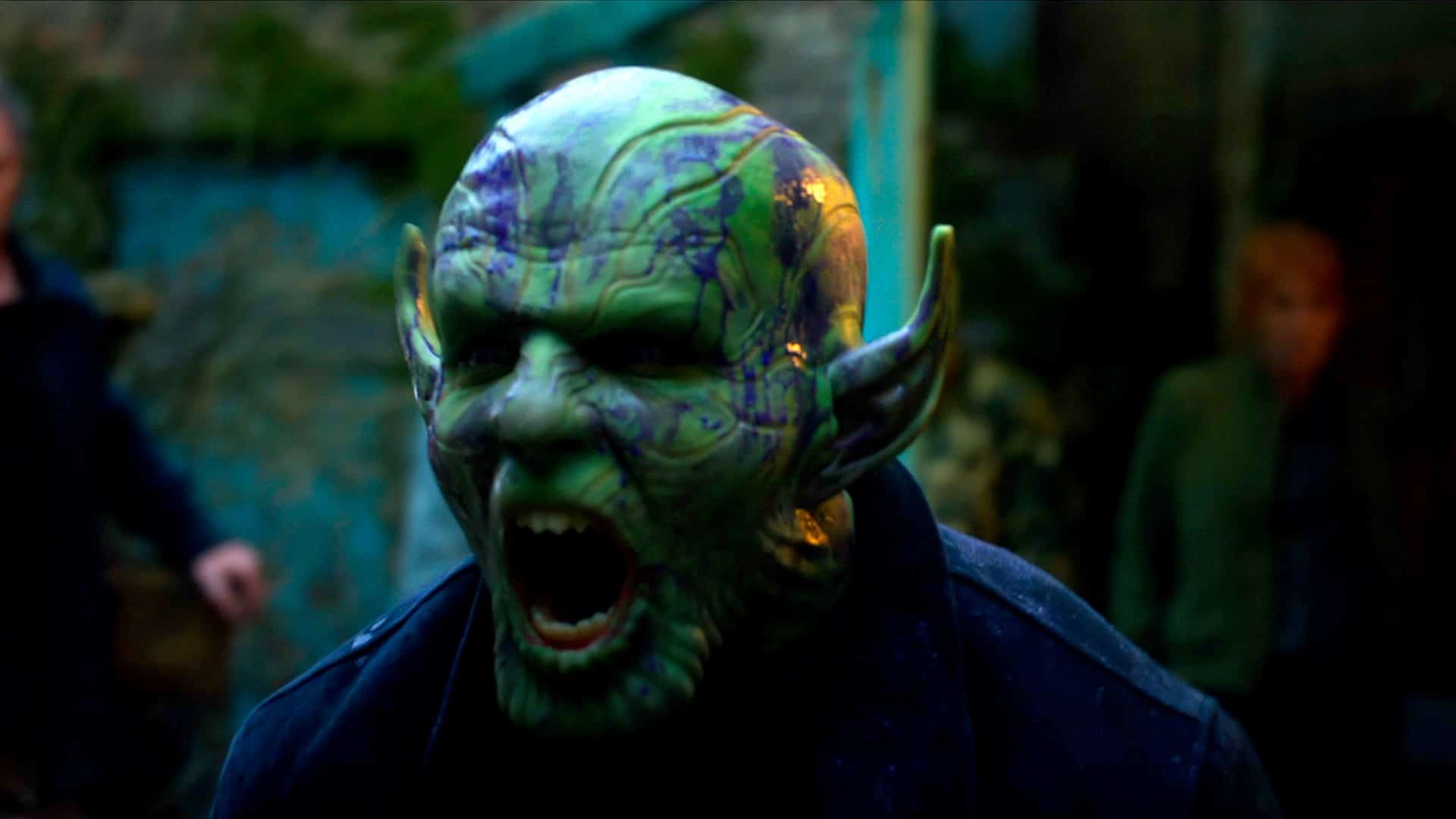Marvel's Secret Invasion, the star-studded addition to the Marvel Cinematic Universe on Disney+, created a ton of buzz on the internet for its so-so reviews heading up to its launch, surprisingly good opening sood, and its controversial use of AI-generated art in the opening credits.
It's the last bit that has lit the fire on a fiery debate about the implications and ethics of AI use in the creative space.
But, while most of the internet seems to be against the use of AI, the show's director and executive producer, Ali Selim, is not bothered by the criticism at all.
In the series, Samuel L. Jackson reprises his role as the real Nick Fury, who returns to discover an undercover invasion by the Skrulls, a shapeshifting alien race, posing a significant threat to Earth. The show's eerie atmosphere, defined by a dash of paranoia and a hint of uncertainty, is underscored by its unusual and unsettling opening sequence, crafted with the aid of artificial intelligence. This introduction features a flurry of images, painted in Skrull-associated green, morphing in a way reminiscent of a watercolor rendering, emphasizing the Skrulls' shape-shifting ability.
Director and Executive Producer, Ali Selim, explained to Polygon that the AI-facilitated opening was conceived in alignment with the series' central themes of shape-shifting and identity confusion. However, Selim's confession that he didn't "really understand" the workings of AI has sparked concern among critics and fans alike.

